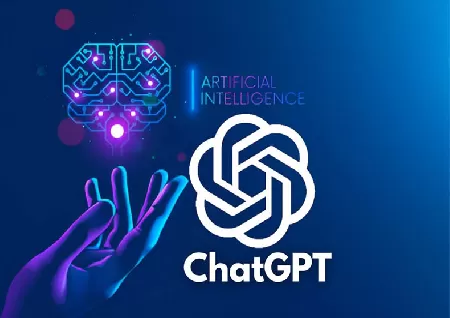ChatGPT Passes United States Medical Licensing Exams

A new artificial intelligence (AI) system called ChatGPT is intended to produce writing that resembles that of a person by anticipating subsequent word sequences. A recent research found that ChatGPT, with replies that made internal logic and frequently incorporated insights, could pass the United States Medical Licensing Exam (USMLE) with a passing score of about 60%. According to the research, Tiffany Kung and associates at Ansible Health in California evaluated ChatGPT's performance on the USMLE, a string of three highly standardised and controlled tests, including Steps 1, 2CK, and 3, that are necessary for obtaining a medical licence in the US. The USMLE is a test that medical students and doctors-in-training take to gauge their understanding of the majority of medical specialties, from biochemistry to diagnostic reasoning to bioethics. the authors of the study examined the programme on 350 of the 376 questions that were formerly image-based are now available to the general public with the USMLE release from June 2022. According to the research published in the journal PLOS Digital Health, when ambiguous replies were eliminated, ChatGPT had scores ranging from 52.4 to 75 percent on each of the three USMLE tests.Every year, over 60% of students pass the test. A novel artificial intelligence (AI) system called ChatGPT, also referred to as a "big language model," is intended to produce writing that resembles that of a person by anticipating subsequent word sequences.
According to the report, ChatGPT cannot do online searches, unlike the majority of chatbots. The study found that instead, it creates text using word associations that are anticipated by internal processes.The research also found that ChatGPT provided at least one major insight, something that was novel, non-obvious, and clinically valid, for 88.9 percent of its replies, and that it showed 94.6 percent concordance across all of its responses.According to the study, ChatGPT out performed PubMedGPT, a rival model that was trained just on biomedical domain literature, and scored 50.8 percent on an earlier dataset of USMLE-style questions Although the depth and breadth of analyses were limited by the relatively small input size, the authors observed that their findings offered a glimpse into ChatGPT's potential to improve clinical practise and, eventually, medical education.
They continued by citing the usage of ChatGPT by AnsibleHealth practitioners to rework jargon-heavy reports for simpler patient comprehension.According to the authors, "achieving the passing score for this infamously challenging expert test, and doing it without any human reinforcement, marks a noteworthy milestone in clinical AI development."ChatGPT's participation in this study, according to Kung, extended beyond just serving as the research subject. "ChatGPT made a significant contribution to [our] manuscript's composition.We communicated with ChatGPT like a colleague, asking it to summarise, make sense of, and provide opposition to draughts as they were being worked on. The opinions of ChatGPT were respected by each co-author.
Related queries to this article
- ChatGPT
- United States
- Medical Licensing Exam
- United States Medical Licensing Exam
- USMLE
- PubMedGPT
- USMLE tests
Read more articles and stories on InstaSity Latest News.





